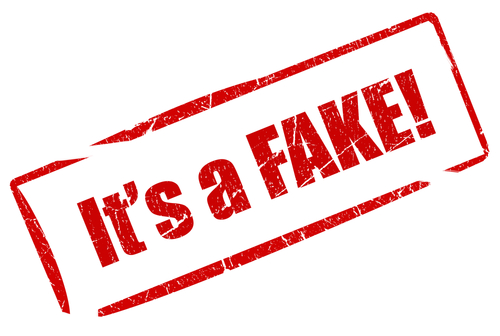Money Tips
Warning about fake products sold online

Counterfeit goods are putting lives at risk, according to the Anti-Counterfeiting Group (ACG).
A study by the group found that a third (31%) of consumers unintentionally bought a fake product online in 2019. More recently, in March and April this year it saw a 2,490% increase in fake face masks and a 270% increase in non-genuine hand sanitiser and wipes.
The ACG warned that people new to shopping online may be more susceptible to fraud and said consumers need to be wary about the rise of counterfeit goods being sold online.
In 2019 31% of consumers unintentionally bought a fake product online (up from 24% in 2018), of which 23% bought that item via social media, either through a post or a sponsored advert.
The ACG warned that not only does buying counterfeit goods cost the UK economy billions in lost revenue and taxes but it could also cost you your life or health.
Criminal gangs sell fake food and beverages, pharmaceuticals, mobile phones and chargers, software, car brakes, and everyday household products like shampoo.
Research from one ACG member brand protection company found that 32% of those who have bought one or more counterfeit goods have suffered a health issue as a result.
Phil Lewis, from the Anti-Counterfeiting Group, says: “Shopping in the midst of a pandemic means more people are opting to shop online from the safety of their own home. However, consumers need to be wary when shopping online, 83% of fakes come from China and Hong Kong. Shoppers need to make sure they double-check that what they are buying is not a counterfeit by reading consumer reviews, and confirming the payment credentials to make sure the items are being sold by an approved seller from the country they claim to be resident in.”
While jobs and businesses have suffered during the pandemic sophisticated online criminals are making huge profits that fund serious crime. Fake goods imported to the UK are worth more than £13bn and result in losses of about £4bn to the retail and wholesale sector.
The ACG warned that money people spend on fake goods could be funding terrorism, organised crime, and factories that use child labour.
A report by the United Nations Office on Drugs and Crime uncovered strong, “intricate links” between counterfeit goods and other serious offices, including illicit drugs, money laundering, and corruption.